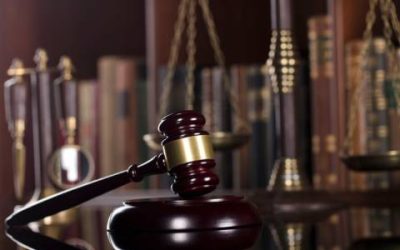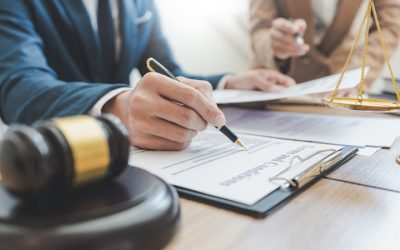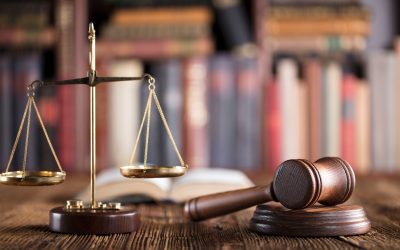The constitution of the United States guarantees that you have the right to relieve yourself of all or part of your debt when you can no longer service it. A Henderson Nevada bankruptcy lawyer will advise you on which of the two types of personal bankruptcy suits your situation best. Chapter 7 allows you to discharge all or most of your debt and Chapter 13 allows you to repay all or a part of your debt over a specific time frame.
Chapter 7 bankruptcy:
If you declare bankruptcy under Chapter 7, your liquid assets will be sold and the resulting money will be used to pay off all or part of the total debt. Regardless of whether the debts were paid in full or not, you will be discharged from the obligation.
What assets are sold?
You may have two types of assets; exempt and non-exempt. Non-exempt liquid assets are those things which can be turned into cash; examples would be a savings account or money market funds. The liquid assets must be turned over to the court administrator for distribution to the creditors. There are certain assets which are exempt and they will not be sold to repay your debts; these exempt assets may be your vehicle, house and personal effects.
Once all non-exempt assets have been converted into cash and the money paid to your creditors, your remaining debt, if any, is discharged, you have no further liability. Once the court has discharged your debt, third party collectors and creditors cannot make an attempt at collecting the remaining balance.
What are the qualifications?
To be allowed to file for Chapter 7 you will be subjected to a means test. This test will satisfy the court that your income is less than the average income, all based on your family size. If you fail the test, you can opt for Chapter 13. A Henderson Nevada bankruptcy lawyers – Hayes & Welsh can advise you on these situations and choices.
Chapter 13 bankruptcy:
When filing Chapter 7, all your non-exempt assets are sold. In the case of Chapter 13, you will be allowed to repay all or a part of your debt over time. The time frame is usually three years but can stretch to five years. The time frame is set by the court as is approval of the plan for repayment that you submit. Once the plan is submitted, regardless of whether it has been approved or not, you must start making the payments to the court that in turn make payments to the creditors.
Once the plan has been approved, you continue making payments until the time is up. Any debt remaining is discharged and you have no further liability.
Both debtors and creditors will need a Henderson Nevada bankruptcy lawyer to help them both protect their rights. The Law Office of Hayes & Welsh is dedicated to protecting the rights of the creditors caught up in a bankruptcy case.







